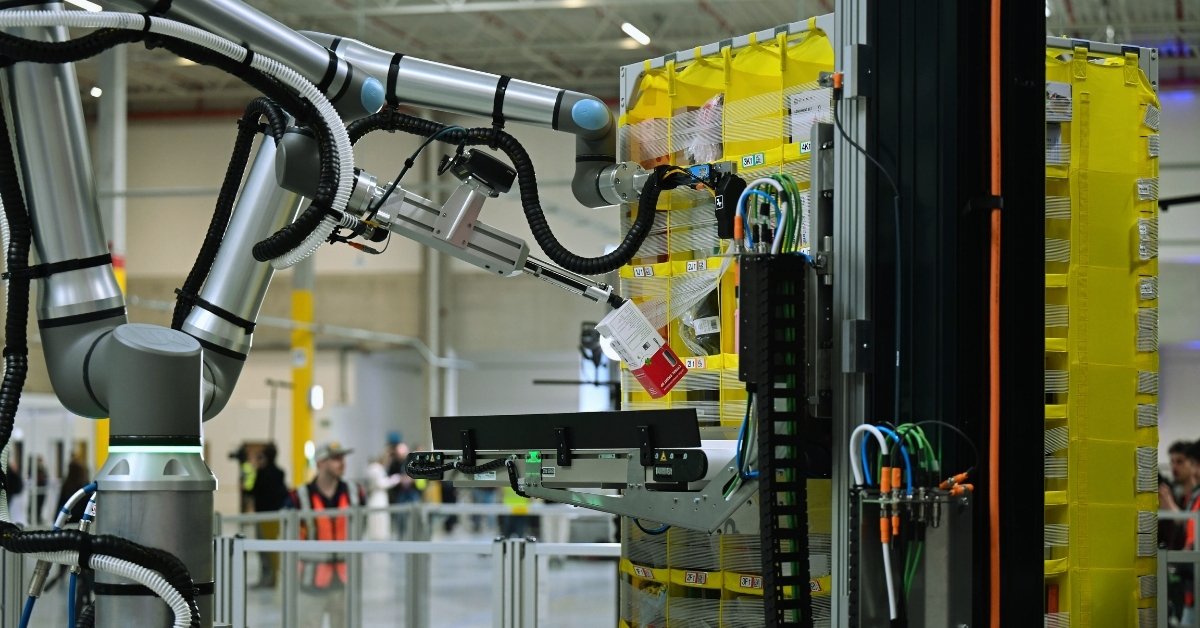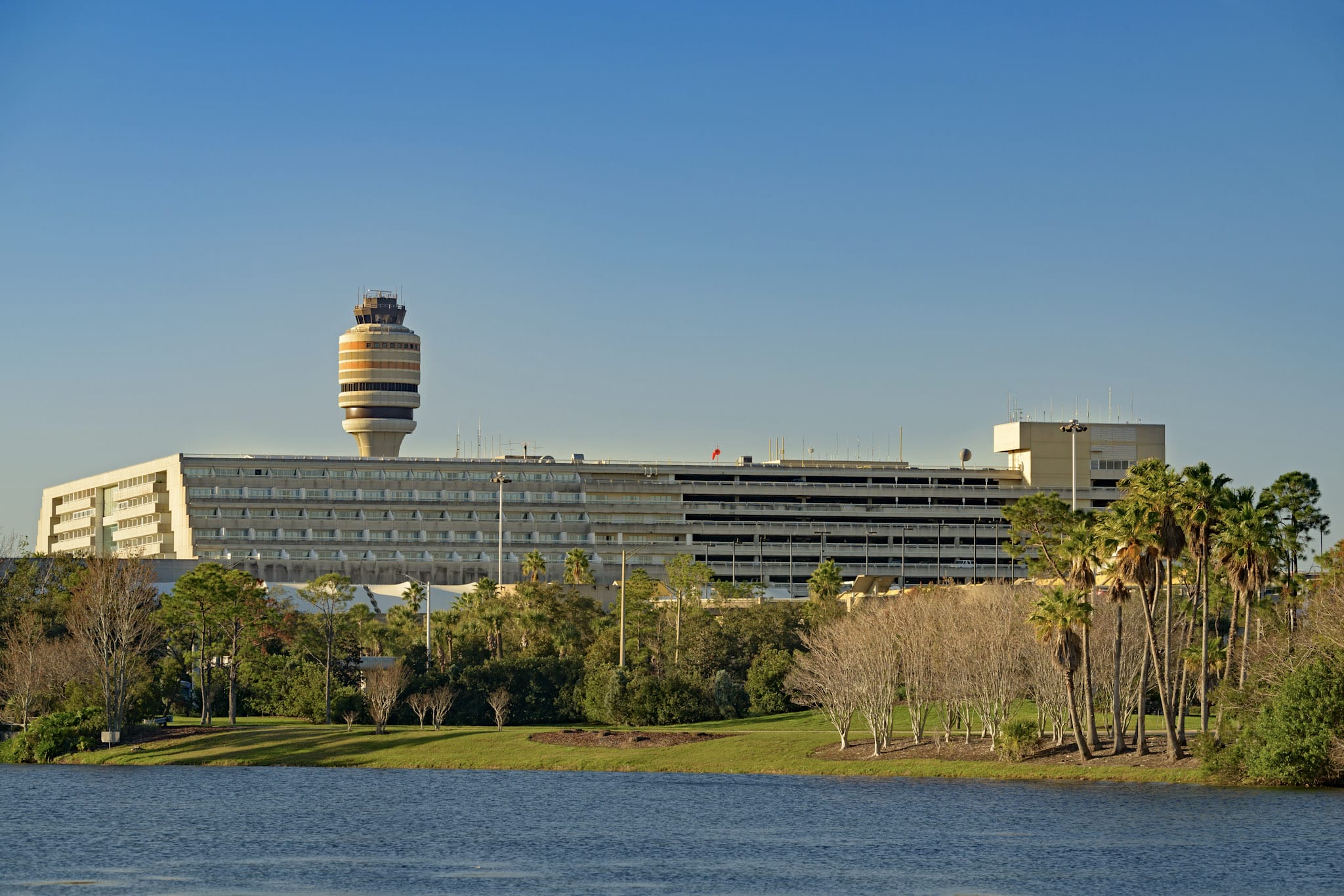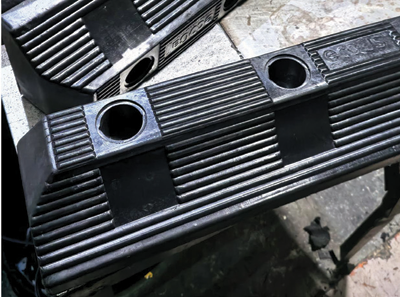Copyright VICE

By now, every person in America should know that, in the perfect corporate world that the wealthiest Americans are trying to create, the average person’s job is replaced with a machine. Whether it’s AI or a literal robot, the vastly wealthy people who run these companies that make record profits every year need to make even more to satisfy their shareholders and to justify their exorbitant pay scales. They’re also trying to keep pace with China, which has recently seen an explosion in factory automation. Your job, your paycheck, and your expensive benefits package must all be sacrificed and replaced with a machine that neither wants nor needs any of that. So, it makes sense that, according to internal Amazon documents obtained by the New York Times, Amazon is charging full speed into a robotic future. The company, which tripled its U.S. workforce since 2018 to nearly 1.2 million, believes it can avoid hiring over 600,000 people by 2033 by automating 75 percent of its operations. It’s a strategy the documents say will save $0.30 per package and shave billions off of labor costs. This plan for the future is already being put in motion at Amazon’s most technologically advanced warehouse in Shreveport, Louisiana. There, 1,000 robots do so much of the work that the facility required 25 percent fewer employees in 2024 than it would have without automation. By 2026, Amazon expects to cut that number in half. Robots Are Taking Over—For Real This Time Shreveport is a prototype. A test bed that Amazon plans to expand to at least 40 more robotic centers by 2027. Expect Amazon to use rosy tones when it eventually starts openly discussing people’s careers and livelihoods being replaced by machines. According to those same documents obtained by the Times, Amazon prefers friendlier euphemisms like “advanced technology” or the dystopian term “cobot,” as in a “collaborative robot,” instead of “A.I.” or “automation.” This is likely because those terms have a negative connotation. So, to combat this, they’re keeping the negative connotation, just changing the word you associate it with. One day, you will grow to hate “cobot” just as much as “AI” or “automation,” if you don’t already after hearing it just now for the first time. Amazon executives are already planning out PR campaigns, parade appearances to drum up goodwill, and charity toy drives to cushion the blow of job losses. Speaking with the New York Times, MIT economist Daron Acemoglu warns that this is the beginning of a shift where one of America’s biggest job creators becomes a net job destroyer. Once Amazon gets this up and running and it starts to prove successful, it’s only a matter of time before other major companies follow suit.



